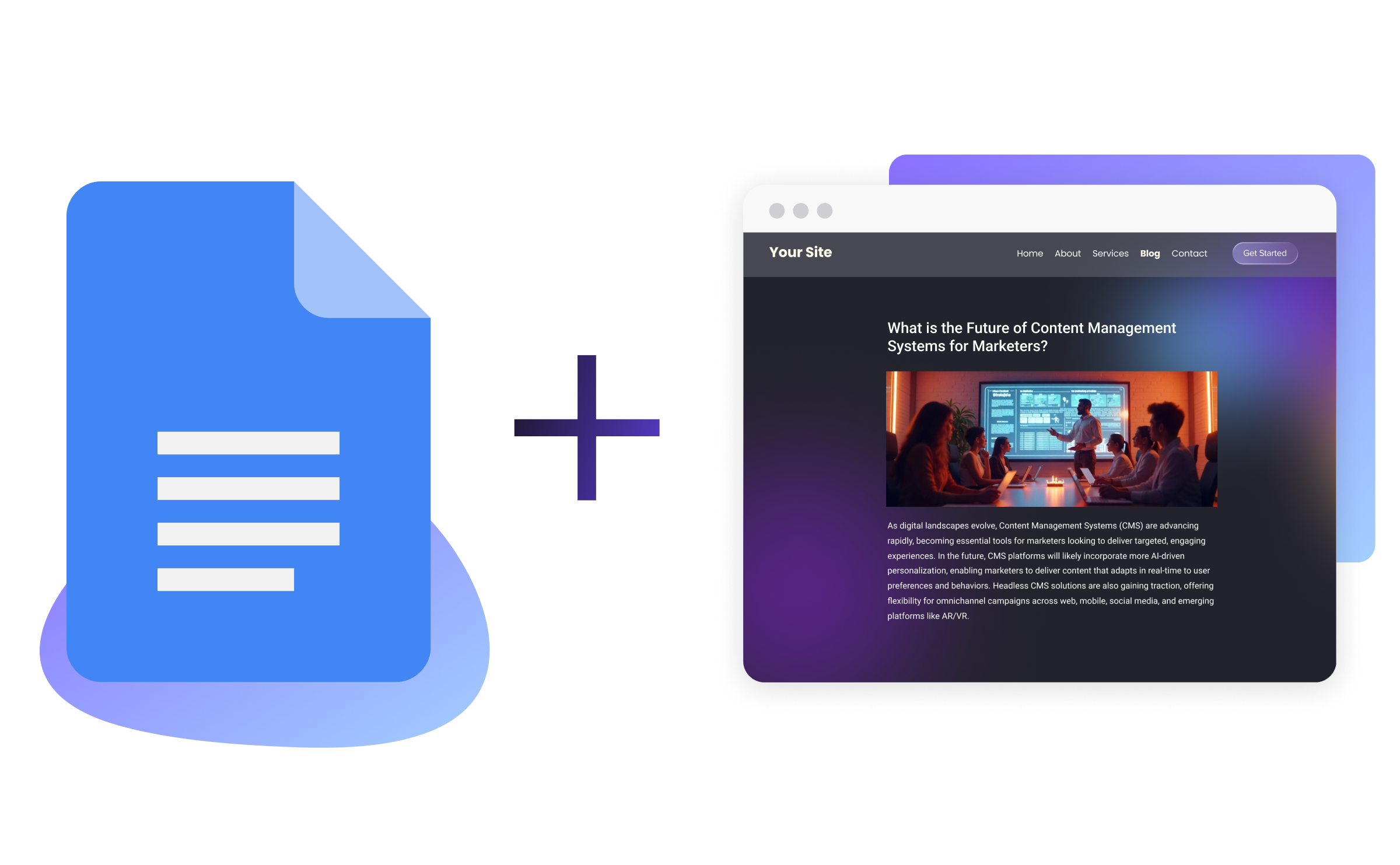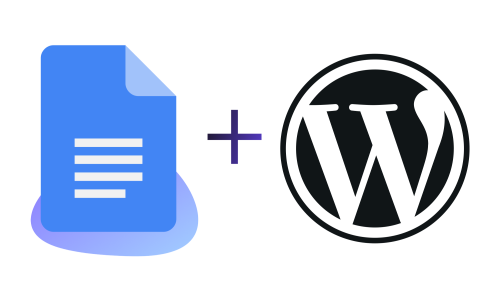Elevating Your Agency, Part One: More than Just a Tech Shop
Image

Before founding Pantheon, I spent over a decade as a web professional, cutting my teeth on Solaris in Silicon Valley in the late 90s, then as an open-source savvy freelancer until I became a digital political operative, and finally as a principal at a Drupal-centric digital agency (Chapter Three, still going strong in San Francisco). Since then, I’ve been privileged to observe the trajectory of thousands of other agencies as they leverage Pantheon’s platform and Partner Program to deliver for their clients and grow. It’s a world that means a lot to me.
Image

Many of our digital agency partners have shared what a challenging year 2023 has been. Market conditions changed, and clients are all trying to do more with less. It’s more than just pricing pressure; agencies are finding they need to evolve to survive, let alone thrive.
I want to help. This series documents patterns of success I’ve directly observed, validated by what our partner team has seen in the field. This post follows one course — elevating your practice to become a strategic value-add for your clients’ businesses. In subsequent posts, I’ll dig into other success patterns I’ve observed in our ecosystem. If you find this or the other posts useful, know that we have a team of Partner Managers who would be happy to help you figure out how we can take the next step together.
An Agency Has to Stand Out from the Crowd
Our industry is one where clients have choices. This is a good thing overall: a diverse ecosystem full of options is a healthy one, but it also immediately creates a challenge for every agency owner: why hire us?
For myself and many others, the answer early on was to differentiate based on technical skill. Being able to implement a website at all used to be something you could hang your hat on, as was the ability to stand up and customize a CMS properly. There was a time when claiming proficiency with a few references to back that up was enough, but any sufficiently valuable technical skill becomes democratized over time. If the use case is real, the tools will get easier to use, and more people can gain the expertise to use them well.
Again, in the big picture, this is good because it means more people benefit, but it also means that any competitive advantage based on technology is fleeting. It’s important to respond to this proactively. If you feel like you’re increasingly getting pushed to compete on commodity values like price or time, you need to chart a course forward in 2024.
For some, the answer is to continue chasing the cutting edge, but riding the hype cycle isn’t for everyone. Unless you’re ready to embrace that yo-yo or find one of the rare technical niches with long-term viability — performance optimization comes to mind; there’s still never enough of those experts around — you will have to find something more to answer the “why me?” question.
Moving up the Value Chain
One path to elevating your practice from technical implementation is to build your practice more around the outcomes your customers want vs the outputs your team produces. You can differentiate based on understanding how to apply the technology towards a specific end goal. In a world where tons of tech still goes half-used (or less), this can be a huge way to stand out.
A lot of digital agencies analogize themselves to general contractors: they agree on a blueprint with the client, do whatever it takes to build the dang thing, and then hand it over. The outcome-oriented approach changes that mindset completely. You’re no longer in the business of building houses, but rather in making sure people have the things a home provides: shelter, sure, but also a place to gather, provide hospitality and nurture a family or community.
This mindset usually comes along with a shift from the “launch ‘em and leave ‘em” model, which requires a steady stream of new clients (or at least new projects) to keep the business healthy, towards one with longer-term engagements. Every website has a job to do, and it can be a game-changer to make your pitch about getting that job done vs just getting a piece of tech set up.
Agencies that do this have a higher rate of engagement from clients over time. They keep high bandwidth projects going vs dropping down into a meager support contract or maintenance mode after the initial implementation. That’s because they sold themselves based on the “why” not the “what” - an inherently longer journey, and one that’s potentially never done. Being along the ride for growth and transformation is so much more valuable than knocking out a piece of tech along the way.
This means shifting your position from builder to architect at the outset, and then elevating it from janitor to business partner once the initial construction is done. You create the blueprint, but you also help them run the place. Doing this authentically requires a strong perspective on what’s best for your clients. This might give you a touch of impostor syndrome, but let me tell you: if you’ve worked closely with even a handful of folks with similar goals, the odds are you know more about how to leverage the web to achieve success than someone coming to the problem fresh.
This shift earns you the right to charge higher hourly rates, or better yet, start working on sustainable quarterly retainers. Rather than knocking out projects, you cultivate a stable of high-value, long-term client relationships that can sustain an agency with high profits (30%+), steady growth, or both.
More to Come
In subsequent posts, I’ll talk about alternative paths I’ve seen people take to elevate their business. This is something we’re all very passionate about at Pantheon; let me know how this matches up (or doesn’t) with what you’ve seen. There’s always more to learn, and there are few things I like more than a dialogue with fellow makers of the internet.
And finally, if you’re not already, get engaged with our partner program. We’ve got tools and training, and our team really does want to help you (and your clients) find success in 2024. See you next time!


